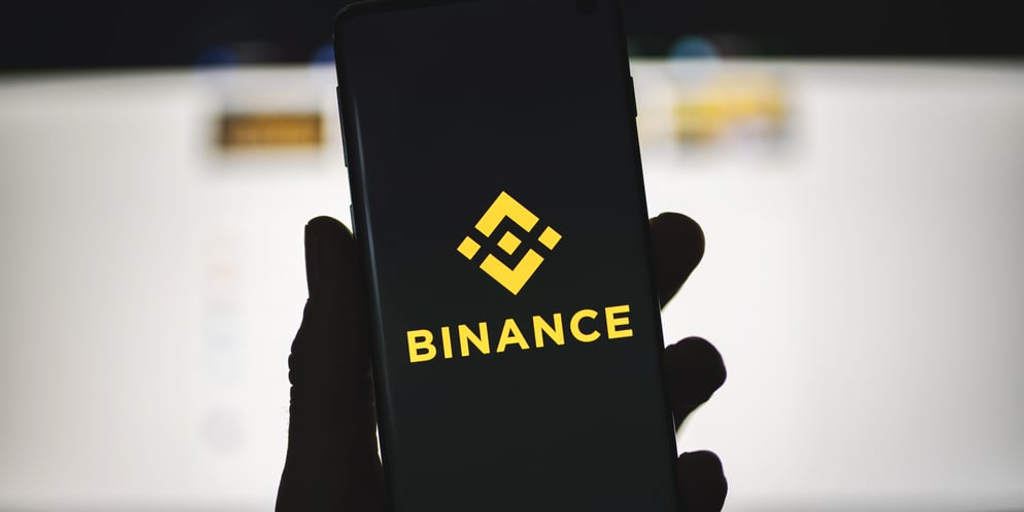Crypto exchange Binance has added a “monitoring tag” to a list of cryptocurrencies including privacy coins Monero (XMR), Zcash (ZEC), Horizen (ZEN) and Firo (FIRO).
In an announcement, Binance said that tokens with the monitoring tag “exhibit notably higher volatility and risks compared to other listed tokens,” and are “at risk of no longer meeting our listing criteria” and being delisted from the exchange.
It added that tokens with the monitoring tag are subject to regular reviews. Criteria considered during its reviews include trading volume and liquidity, network stability and security, and “contribution to a healthy and sustainable crypto ecosystem,” as well as “responsiveness to our periodic due diligence requests.”
In order to trade tokens marked with the monitoring tag, users are required to pass a quiz to ensure they are “aware of the risks,” Binance said in its announcement. Other services relating to the tokens on the list are unaffected, including trading.
Other tokens marked with the monitoring tag include Aragon (ANT), Keep3rV1 (KP3R), Mdex (MDX), MobileCoin (MOB), Reef (REEF) and Vai (VAI).
Firo co-founder Reuben Yap told Decrypt that the monitoring tag has been applied to Firo and other privacy coins “due to increased regulatory pressure, including from MiCA, recent initiatives from US regulators and compliance to Binance’s settlement with the US DoJ.”
He noted that the project has been “in active discussions with Binance on this matter since September 2023,” and that its proposal to implement Exchange Addresses, a tool that it claims enables exchanges to maintain regulatory compliance while respecting user privacy, has been “received positively” by the exchange.
Decrypt has reached out to Binance for comment, and will update this article should the exchange respond.
Binance and privacy coins
Cryptocurrencies like Bitcoin and Ethereum use pseudonymous wallet addresses; because their ledger is public, if an address can be tied to the identity of a user, their transactions can be traced. Privacy coins are a type of cryptocurrency that use cryptographic techniques to shield identifying information from transactions, enabling users to transact anonymously.
Binance has grappled with listing privacy coins on its platform in some regions. In May 2023, the exchange announced that it would delist several privacy coins including Monero, Zcash and Horizen in France, Italy, Poland and Spain, before backtracking on a number of the affected cryptocurrencies a month later.
However, a number of privacy coins including Monero remained affected by the ban, with Binance noting that it is “obliged” to adhere to local regulations requiring exchanges to “be able to monitor transactions for coins listed on our platform.”
In September 2023, Binance announced that it would extend its delisting of privacy coins including Monero, Horizen and Firo to Belgium.
Privacy coins have long faced scrutiny from U.S. regulators and law enforcement. As far back as 2020, the Internal Revenue Service (IRS) offered a reward for anyone able to break Monero’s privacy.
In a December 2020 notice of proposed rulemaking, the U.S. Financial Crimes Enforcement Network (FinCEN) noted that “Anonymity-enhanced cryptocurrency” (AEC) protocols limit investigators’ ability to “follow transaction flows on their distributed public ledgers,” and had a “well-documented connection to illicit activity.” The notice singled out Monero as a “type of AEC.”
Binance’s decision to mark privacy coins with a monitoring tag comes as the exchange has opened its books to monitoring by U.S. financial regulators and law enforcement, following its multi-billion-dollar settlement with U.S. regulator.
Under the terms of its settlement, Binance is subject to extensive monitoring, including complying with regulators’ “requests for information,” and retroactively filing suspicious activity reports (SARs) on transactions from 2018 to 2022, which will be made available to U.S. law enforcement agencies. Former SEC attorney John Reed Stark described Binance’s agreement with U.S. regulators as a “24/7, 365-days-a-year financial colonoscopy.”
Stay on top of crypto news, get daily updates in your inbox.
Credit: Source link




